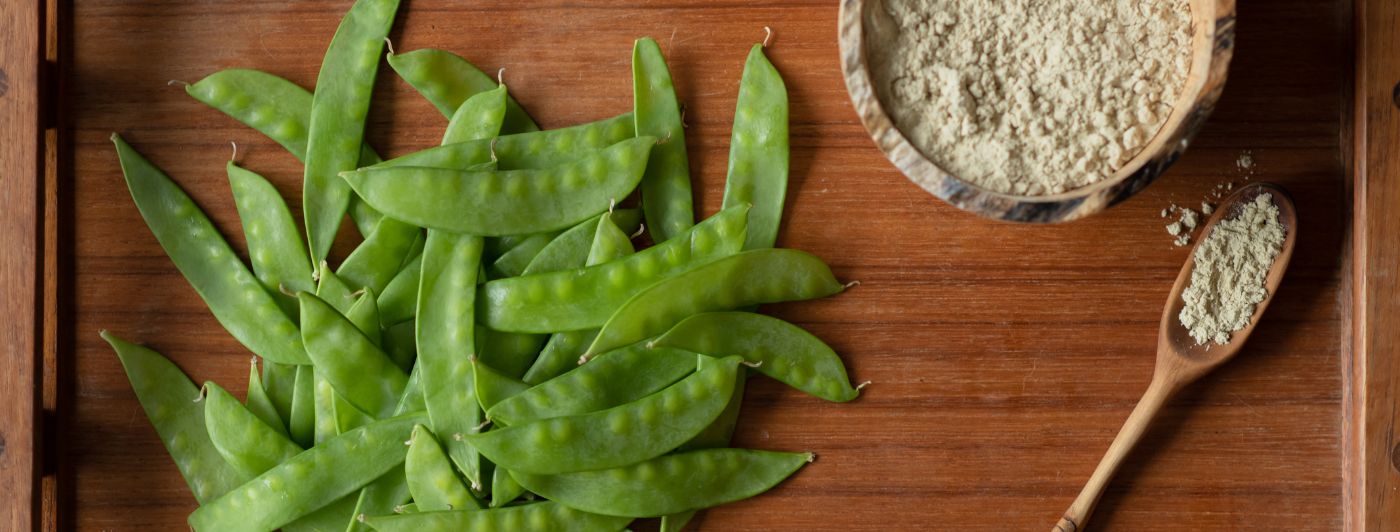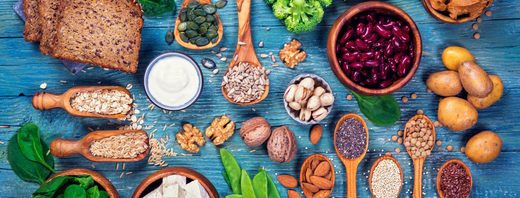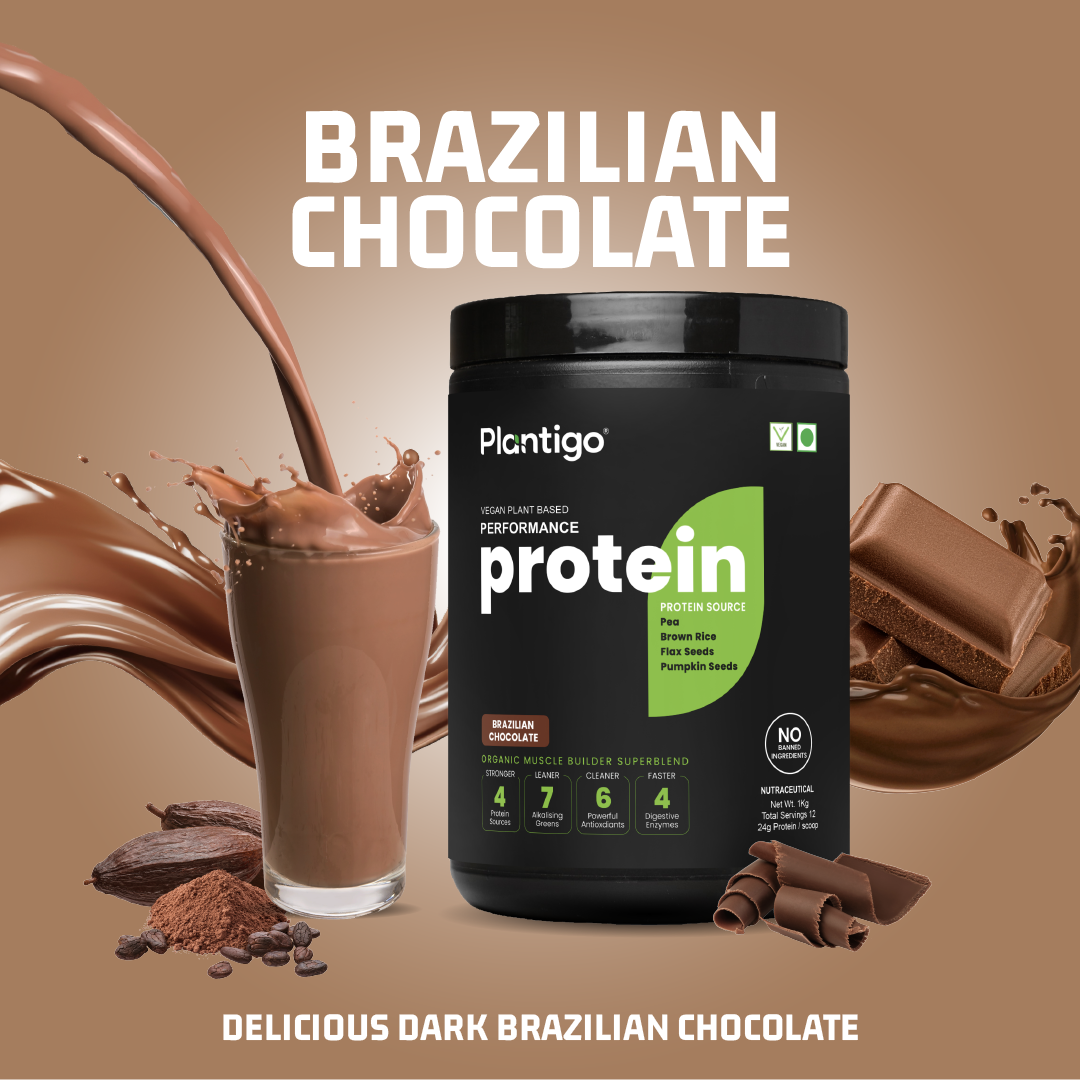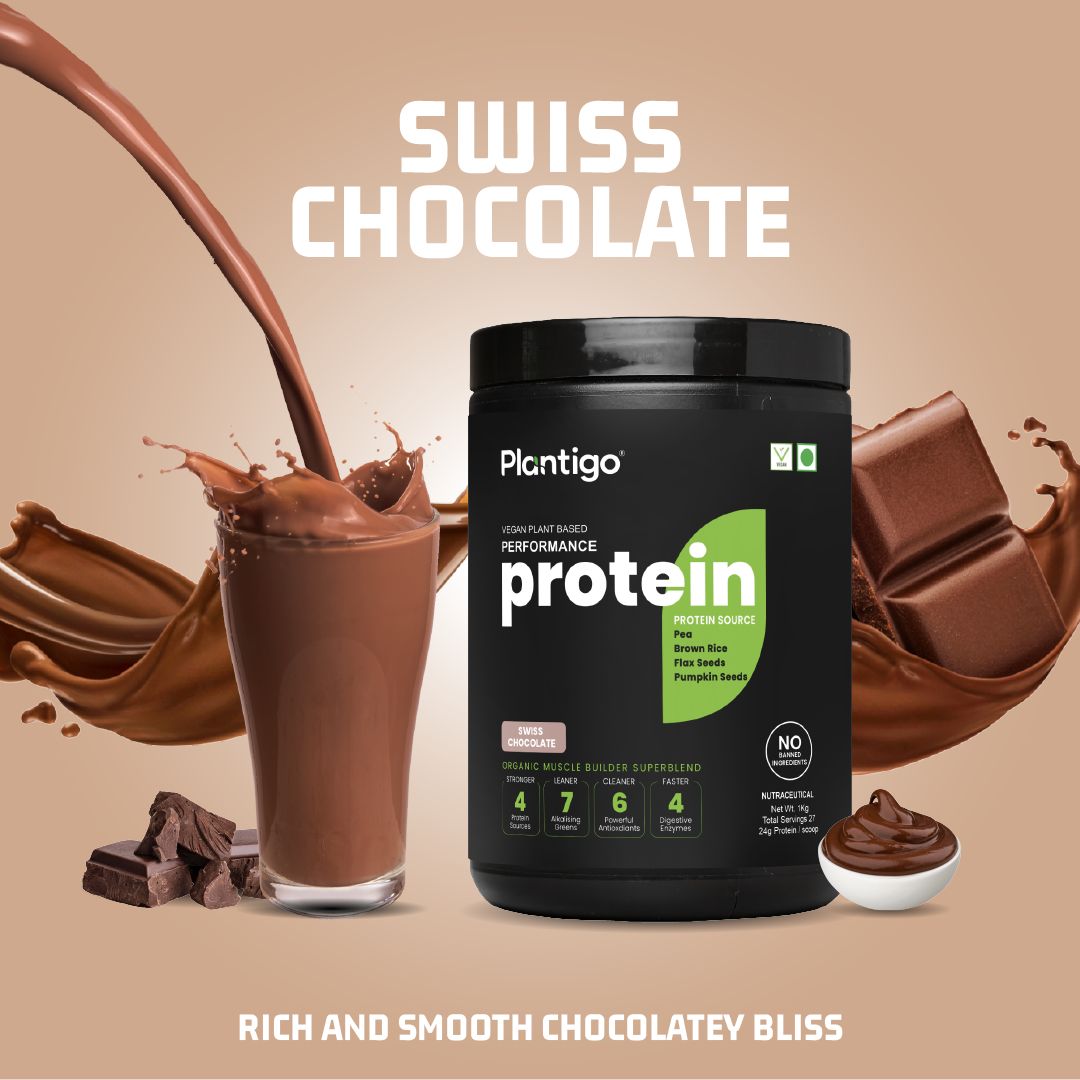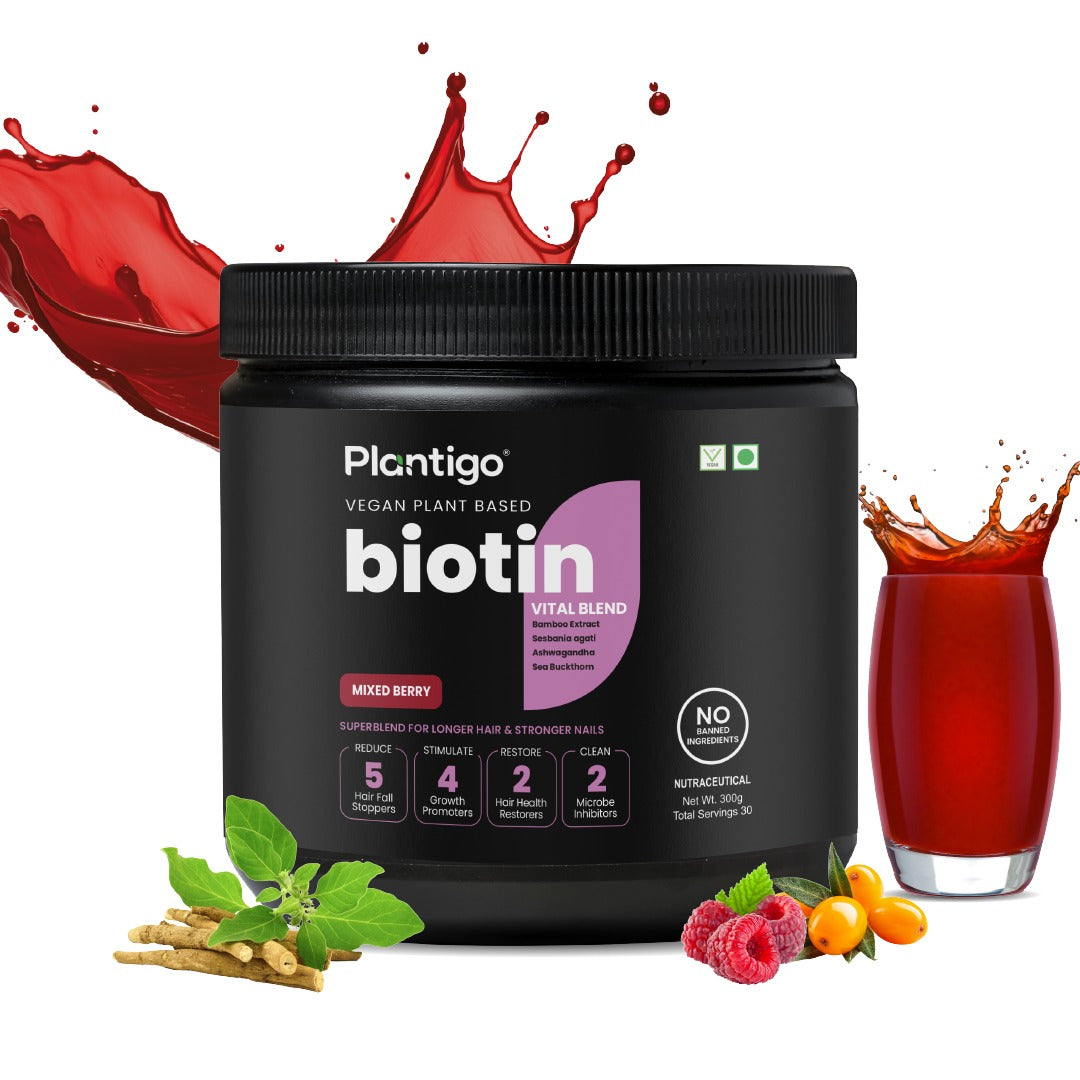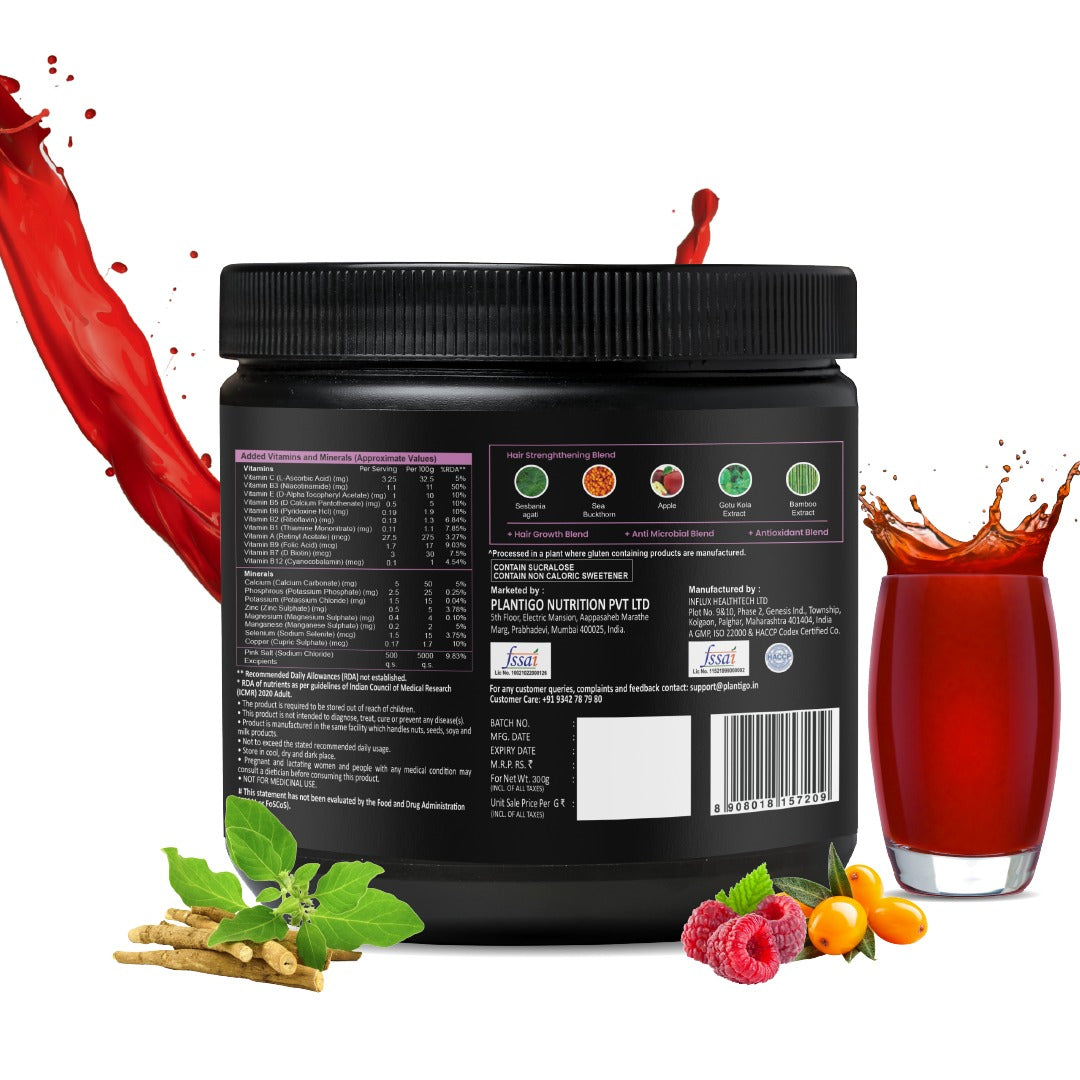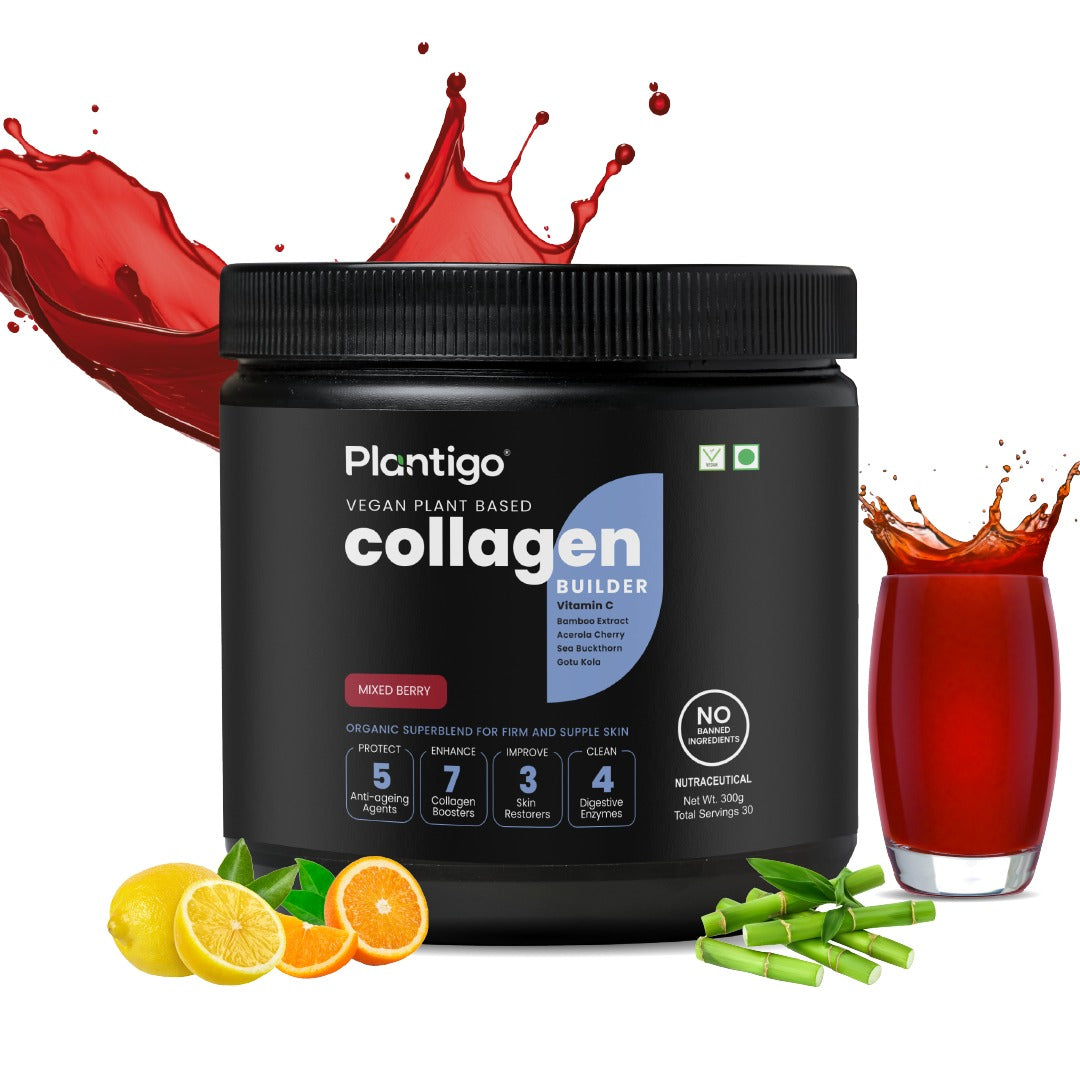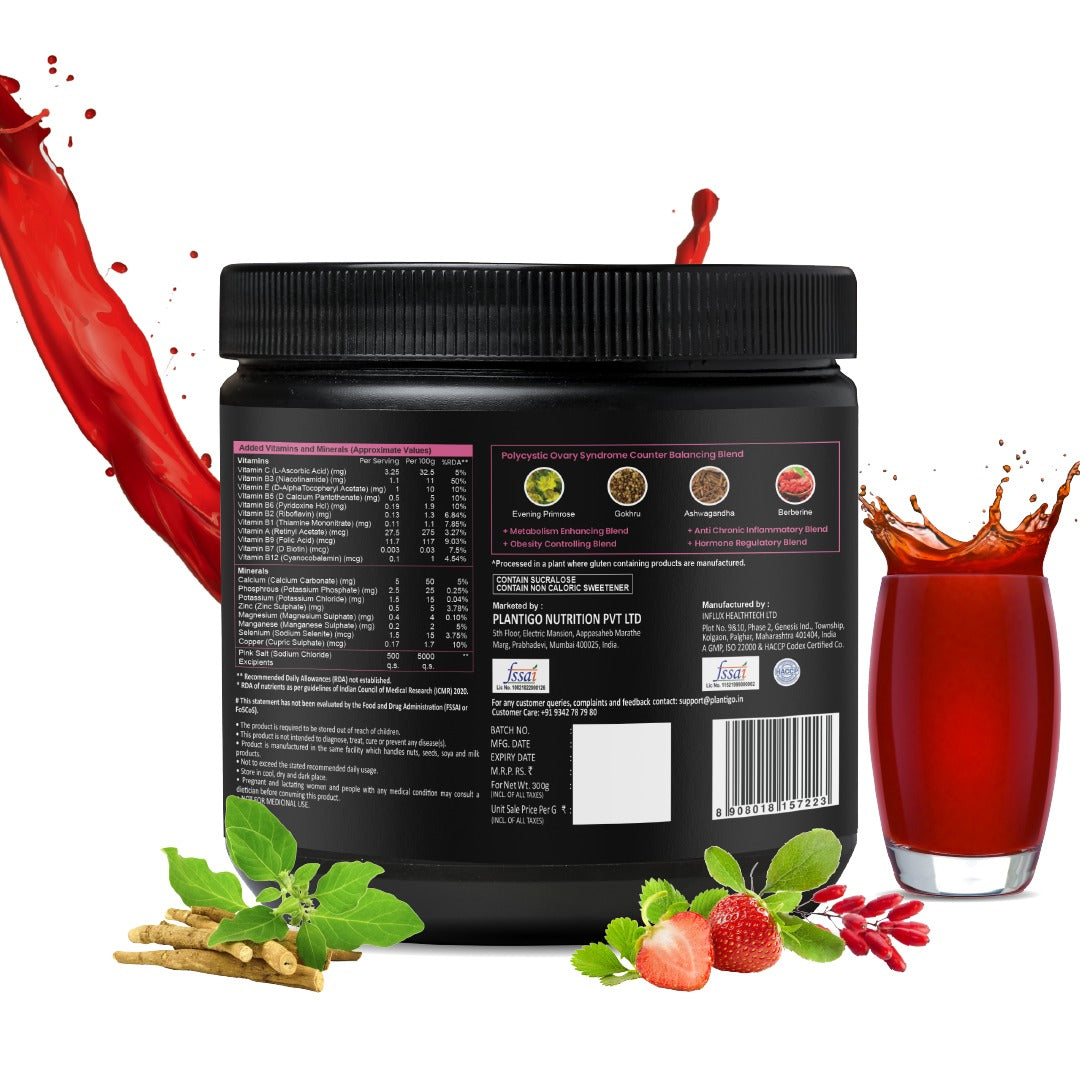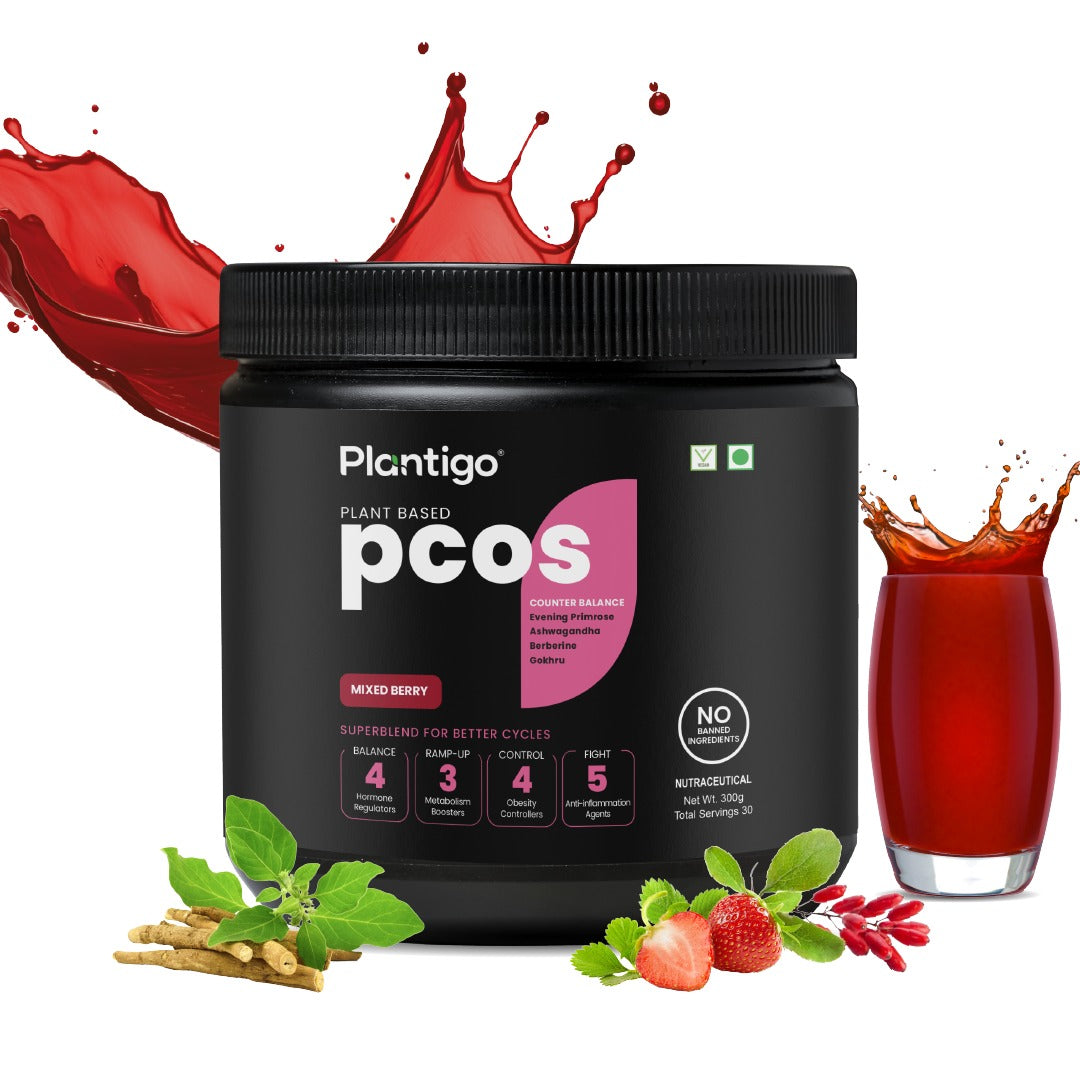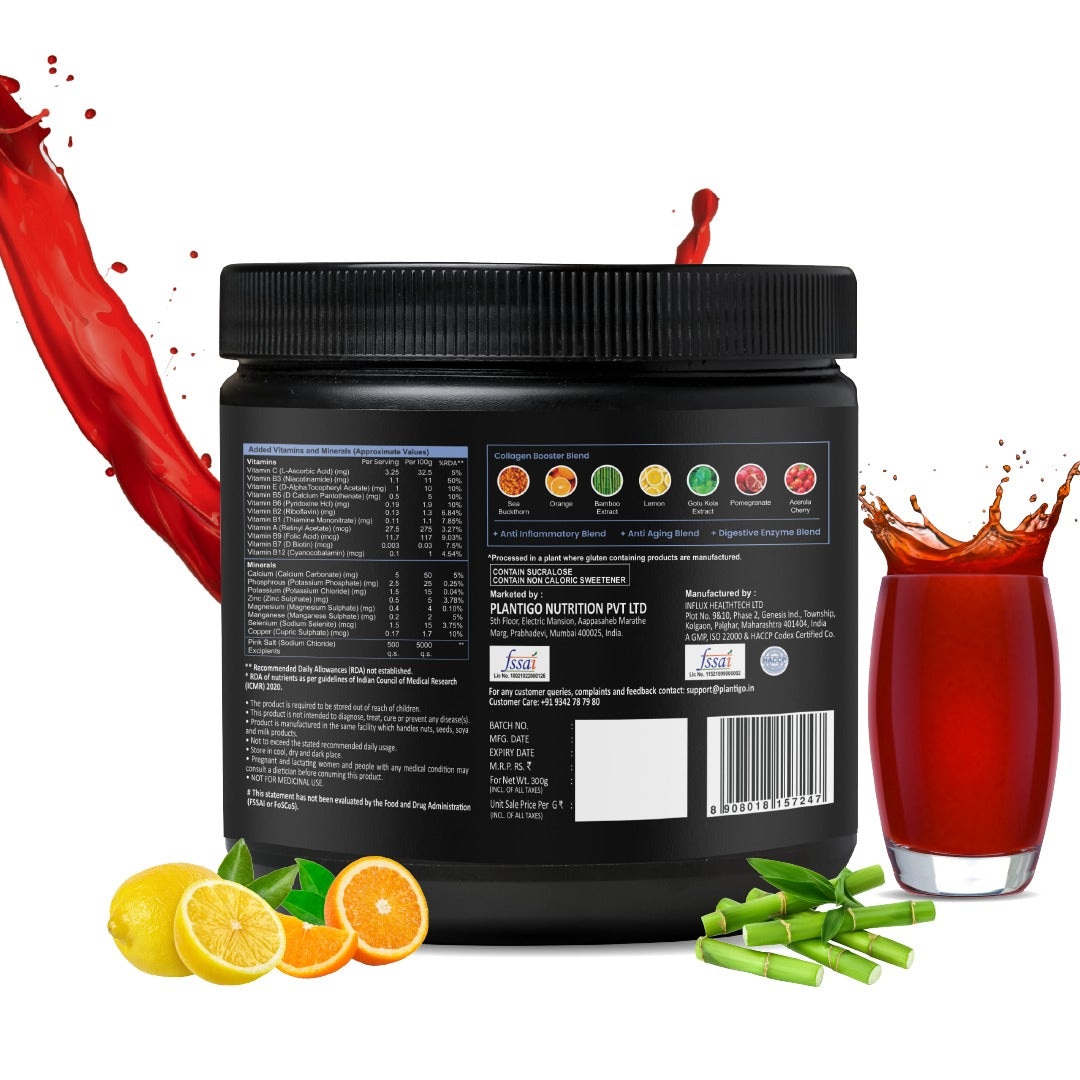In the world of fitness and bodybuilding, one nutrient stands out as a key player in muscle recovery: protein. Whether you are a professional athlete, a weekend warrior, or someone just starting their fitness journey, understanding the importance of protein for muscle recovery can make a significant difference in your performance and results.
Understanding Muscle Recovery
When you exercise, especially during strength training or high-intensity workouts, you create tiny tears in your muscle fibers. This might sound alarming, but it's actually a normal part of the muscle-building process. It's during the recovery period that these tears heal, and your muscles grow back stronger and larger. This is where protein comes into play.
The Science Behind Protein for Muscle Recovery
Protein is made up of amino acids, which are often referred to as the "building blocks" of muscle tissue. When you consume protein, your body breaks it down into these amino acids and uses them to repair and rebuild muscle fibers damaged during exercise. This process is crucial for:
- Muscle Repair: Amino acids, particularly leucine, isoleucine, and valine (known as branched-chain amino acids or BCAAs), play a vital role in repairing damaged muscle tissue.
- Muscle Growth: Adequate protein intake stimulates muscle protein synthesis (MPS), the process by which your body creates new muscle proteins. This is how your muscles grow and become stronger.
- Reduced Muscle Soreness: Studies suggest that consuming protein can reduce delayed onset muscle soreness (DOMS), helping you recover faster and get back to training sooner.
- Enhanced Recovery: Protein doesn't just repair muscles; it also aids in the recovery of connective tissues like tendons and ligaments, reducing the risk of injuries.
How Much Protein Do You Need?
The amount of protein you need depends on various factors, including your body weight, activity level, and fitness goals. However, general guidelines suggest:
- For sedentary individuals: 0.8 grams per kilogram of body weight daily.
- For recreational athletes: 1.2 to 1.8 grams per kilogram.
- For competitive athletes or bodybuilders: Up to 2.2 grams per kilogram.
Timing Your Protein Intake
While total daily protein intake is crucial, the timing of your protein consumption can also impact muscle recovery:
- Post-Workout: Consuming protein within 30 minutes to 2 hours after exercise can maximize muscle protein synthesis.
- Before Bed: A protein-rich snack before sleep can support overnight muscle recovery and growth.
- Throughout the Day: Spreading protein intake evenly across meals can maintain a steady supply of amino acids for recovery.
Best Sources of Protein for Muscle Recovery
Not all proteins are created equal. High-quality, complete proteins that contain all essential amino acids are best for muscle recovery:
- Whey Protein: A fast-absorbing protein, ideal for post-workout consumption.
- Casein Protein: A slow-digesting protein, great for sustained amino acid release, especially before bed.
- Lean Meats: Chicken, turkey, lean beef, and fish.
- Eggs: A complete protein source with high bioavailability.
- Plant-Based Proteins: Combinations of legumes, grains, and soy products can provide all essential amino acids for vegan or vegetarian athletes.
Best Plant-Based Vegan Protein Powders for Muscle Gain
For vegan athletes or those preferring plant-based diets, getting enough high-quality protein can be a challenge. However, several vegan protein powders offer excellent amino acid profiles for muscle recovery and growth:
- Pea Protein: Rich in BCAAs, especially leucine, pea protein is highly effective for muscle protein synthesis. It's also easy to digest and hypoallergenic.
- Brown Rice Protein: Studies have shown that brown rice protein can be as effective as whey in promoting muscle growth and recovery, particularly when combined with resistance training.
- Hemp Protein: While lower in leucine, hemp is a complete protein rich in essential fatty acids, which can aid in recovery and reduce inflammation.
- Soy Protein Isolate: A complete protein with a PDCAAS (Protein Digestibility Corrected Amino Acid Score) similar to whey. It's high in glutamine, which aids in muscle recovery.
- Blended Plant Proteins: Combinations of pea, rice, hemp, and other plant proteins can provide a more complete amino acid profile. Look for blends that include complementary proteins to ensure you get all essential amino acids.
When choosing the best plant based vegan protein powder for muscle gain, consider factors like amino acid profile (especially leucine content), digestibility, additional nutrients (like vitamins and minerals), and third-party testing for purity.
Conclusion
The importance of protein for muscle recovery cannot be overstated. It's the key nutrient that repairs, rebuilds, and strengthens your muscles after the stress of exercise. By ensuring adequate protein intake from high-quality sources like the best plant based vegan protein powder company in India and timing your consumption strategically, you can optimize your recovery, reduce soreness, and achieve better results from your workouts.
Remember, your gains aren't just made in the gym- they're also made in the kitchen, with protein as your primary tool for recovery and growth.


